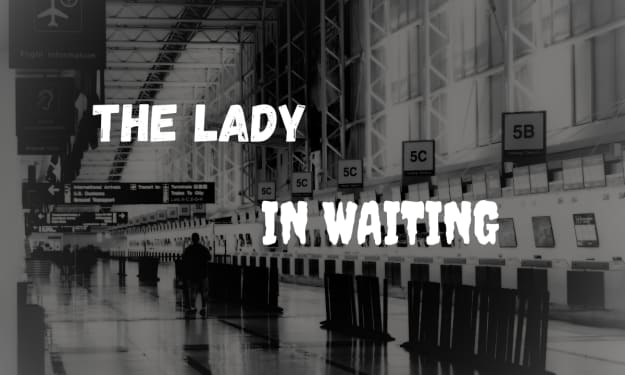
Introduction
Horror is a genre of storytelling that has been around for centuries. It is a type of fiction that aims to scare or horrify the audience by creating an atmosphere of fear and suspense. Horror stories can take many forms, from classic Gothic tales to modern psychological thrillers. In this article, we will explore the history of horror, the different types of horror stories, and the elements that make them effective.
History of Horror
Horror has its roots in ancient folklore and mythology, where tales of monsters, ghosts, and supernatural beings were used to explain the unknown and the unexplainable. In the Middle Ages, horror stories took on a more religious tone, with stories of demons and witches used to warn people about the dangers of sin and temptation.
The modern horror genre emerged in the late 18th and early 19th centuries, with the publication of Gothic novels such as Mary Shelley's "Frankenstein" and Bram Stoker's "Dracula." These novels introduced many of the elements that are now considered standard in horror storytelling, including supernatural beings, psychological terror, and the use of suspense and mystery.
In the 20th century, horror continued to evolve and expand, with the emergence of new sub-genres such as psychological horror, slasher films, and zombie movies. Today, horror remains a popular genre in literature, film, and television, with new stories and sub-genres constantly emerging.
Types of Horror Stories
There are many different types of horror stories, each with its own unique style and approach. Some of the most popular types of horror include:
Supernatural Horror: This type of horror involves supernatural beings such as ghosts, demons, and monsters. Examples include "The Exorcist" and "The Conjuring."
Psychological Horror: This type of horror focuses on the psychological states of the characters, creating an atmosphere of tension and suspense. Examples include "The Shining" and "Psycho."
Slasher Films: This type of horror features a killer or group of killers who systematically stalk and kill their victims. Examples include "Halloween" and "Friday the 13th."
Zombie Movies: This type of horror features undead creatures who rise from the dead to terrorize the living. Examples include "Night of the Living Dead" and "The Walking Dead."
Cosmic Horror: This type of horror explores the terror of the unknown and the incomprehensible, often involving Lovecraftian themes and otherworldly entities. Examples include "At the Mountains of Madness" and "The Colour Out of Space."
Elements of Effective Horror
Effective horror stories rely on several key elements to create an atmosphere of fear and suspense. These elements include:
Setting: The setting of a horror story is often a dark and foreboding place, such as a haunted house or a desolate wilderness. The setting helps to create an atmosphere of dread and unease.
Characters: The characters in a horror story are often vulnerable and isolated, making them easy targets for the supernatural or the monstrous. This vulnerability helps to heighten the sense of terror and suspense.
Suspense and Mystery: Effective horror stories use suspense and mystery to keep the audience on edge. By withholding information or creating a sense of uncertainty, the story builds tension and anticipation.
Gore and Violence: While not necessary for all horror stories, some rely on graphic violence and gore to shock and terrify the audience. These elements can be effective when used sparingly and in service of the story.
Subversion of Expectations: Effective horror stories often subvert the audience's expectations, surprising them with unexpected twists or revelations. This keeps the audience engaged and adds to the sense of unease and uncertainty.






Comments
There are no comments for this story
Be the first to respond and start the conversation.